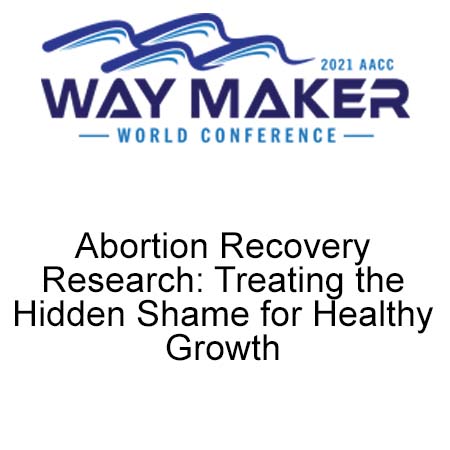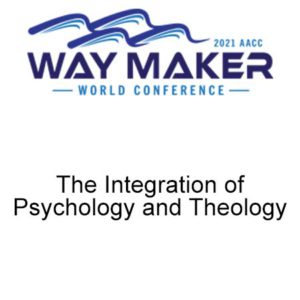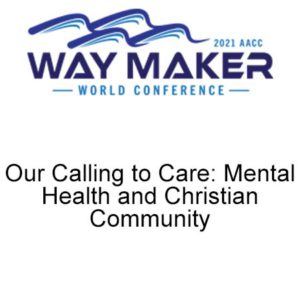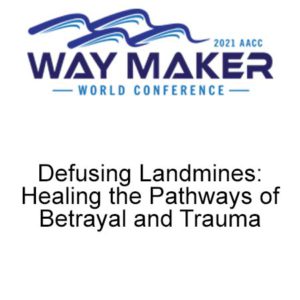Description
713: Abortion Recovery Research: Treating the Hidden Shame for Healthy Growth
Premala Jones, Ph.D.
Life Perspectives
2535 Camino del Rio, Ste. 350
San Diego, CA 92108
Preya Coats M.S.W.
PO Box 64
Peninsula, Ohio 44264
Susan Dyer-Layer, M.S.W.
Passages of Hope/New Life Solutions
1910 E. Bay Dr.
Clearwater, FL 33771
Summary
Grief and trauma, which some experience from abortion, are complex forms of bereavement that are disenfranchised. Such bereavement is often characterized by avoidance, guilt, shame, self-condemnation, and fear of rejection. These are key barriers to bereavement recovery for individuals experiencing abortion loss. Disenfranchised grief occurs when a loss is not sanctioned by society as “worthy of mourning” (Hyatt, 2019). Those experiencing such grief from a reproductive loss often feel marginalized by mental health and medical providers (Lang et al., 2011). A pioneer research study measured the efficacy of post-abortion grief in faith-based groups (Dyer-Layer, Roberts, Wild & Waters, 2004) and found statistically significant reductions in shame and trauma with participants. Since the publication of the results of this study, research continues to be sparse. A replication of this study’s findings will be presented during the workshop. Shared results will benefit all assisting those experiencing the barriers to abortion recovery. Bereavement recovery from abortion and other forms of reproductive loss involves the rewriting of a narrative. Jaffe & Diamond, psychologists out of San Diego specializing in reproductive loss, state one’s reproductive story is at the core of one’s sense of self (Jaffee & Diamond, 2011; Jaffe et al., 2005). Many of those grieving benefit from the care of mental health providers. A research study that surveyed 504 social work students reported 82% of the students stated that abortion was given little attention in their academic programs, and 94% reported little field placement exposure to abortion. This study alone supports the need for training in this area (Begun et al., 2016). The workshop presenters will utilize the triad of building awareness, knowledge, and skills for those in attendance.
Learning Objectives
Participants will:
• Discuss findings from a new archival research study that analyzed symptoms of grief and trauma experienced prior to joining a faith-based abortion recovery group and compare and analyze the results of both studies
• Discuss content analysis findings from the Client Intake and Group Feedback Forms to explore the faith-based strategies which were helpful in the abortion recovery group process and further be able to identify unhealthy familial relationships and coping patterns of group participants
• List three strategies of intervention and prevention to assist licensed mental health professionals in decreasing the emotional and spiritual distress of those who experienced an abortion or are considering an abortion





